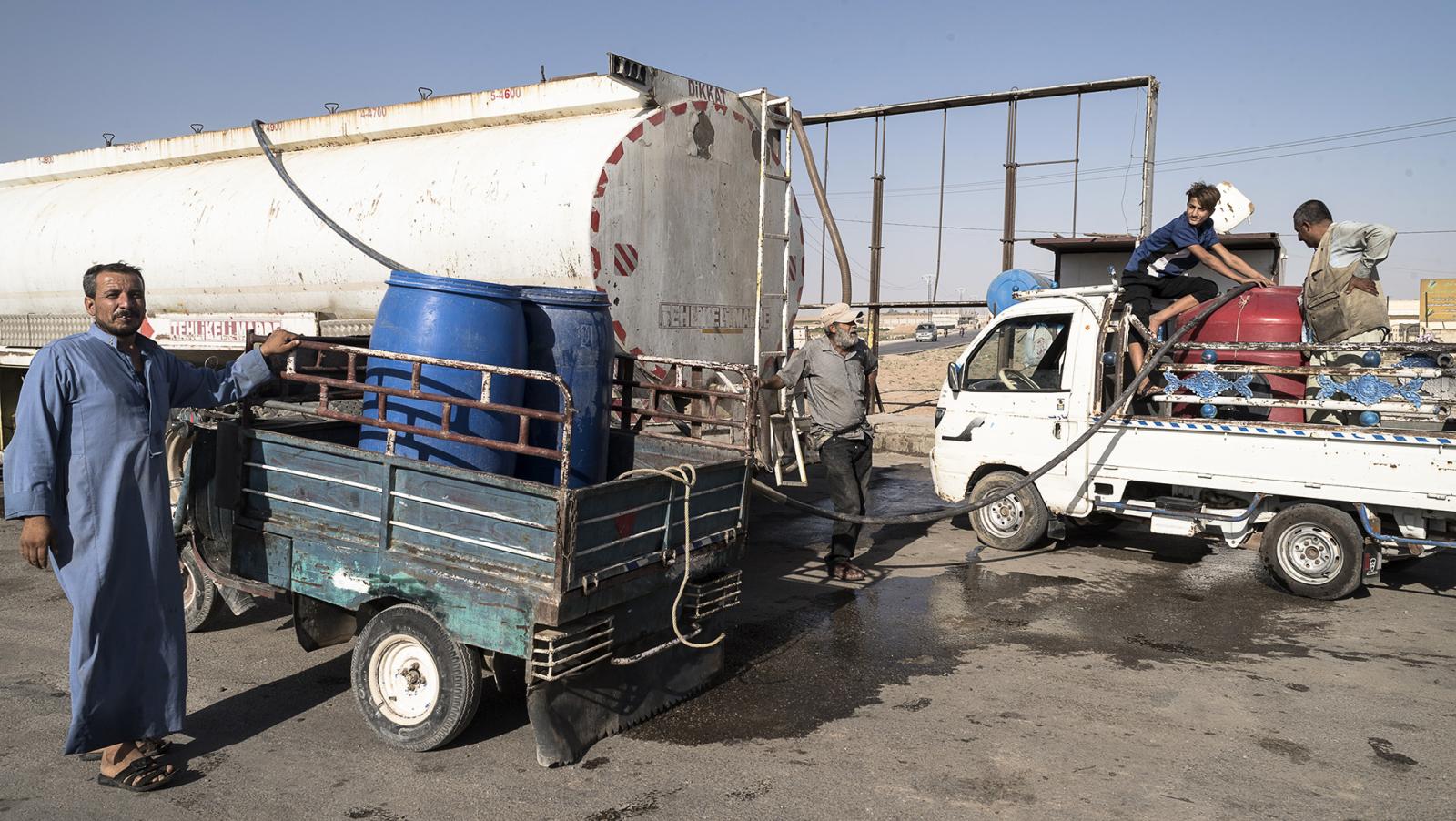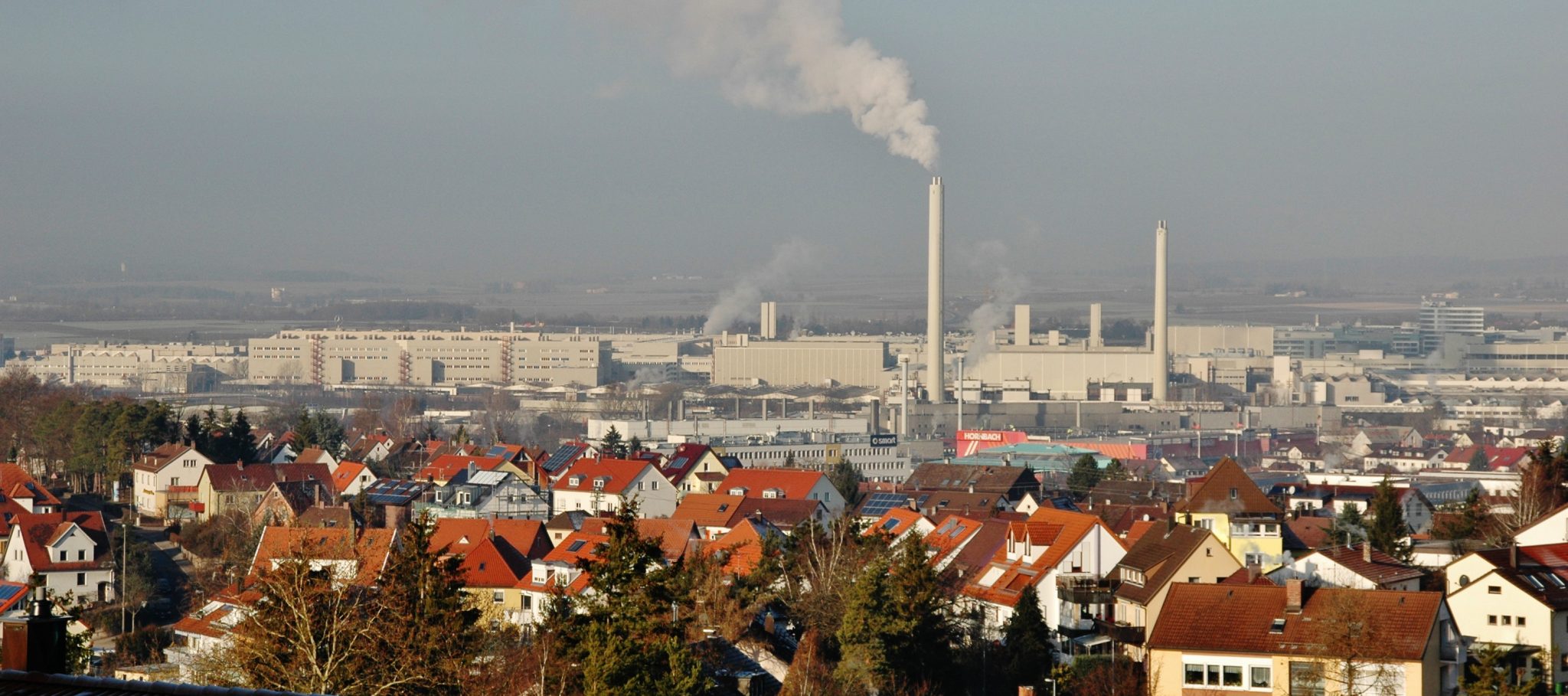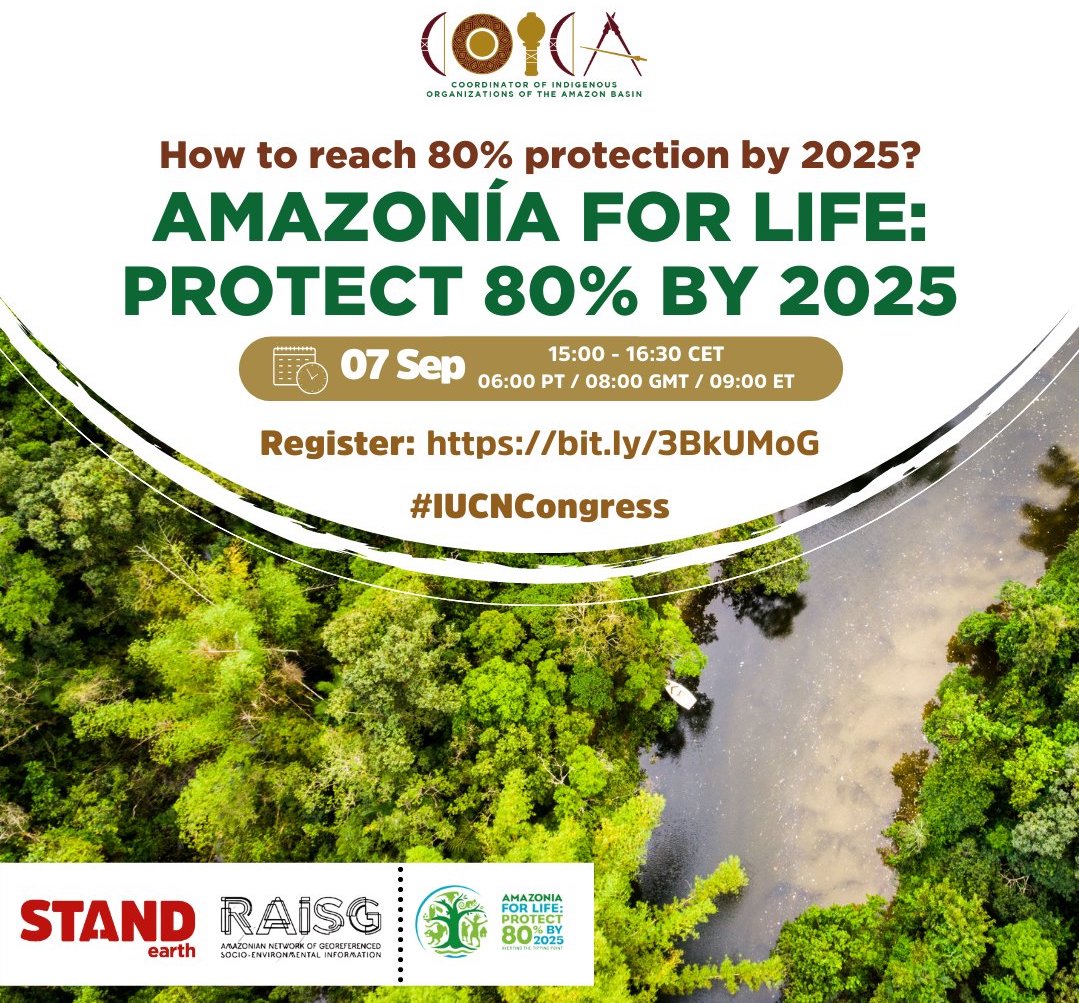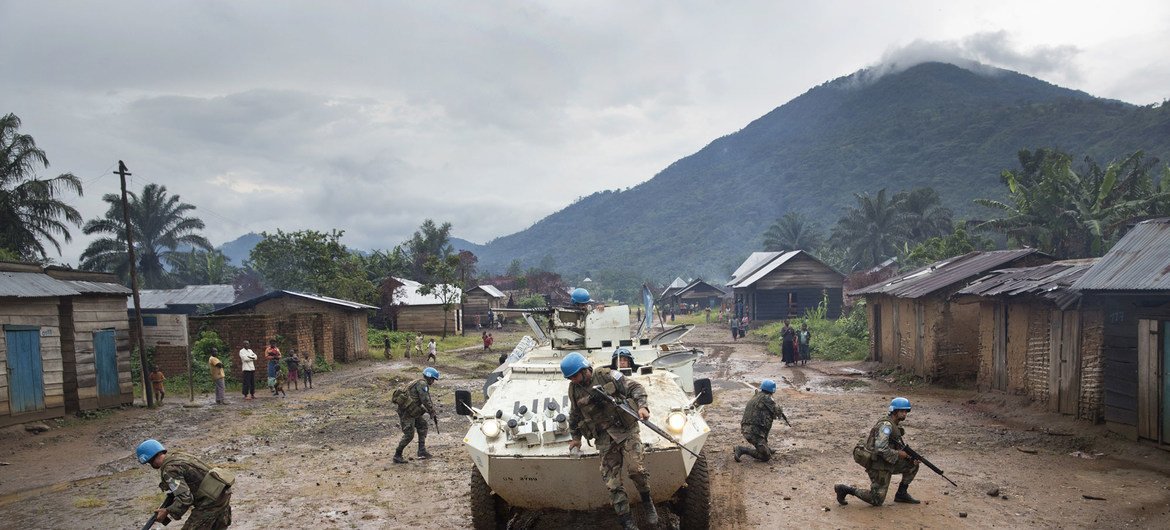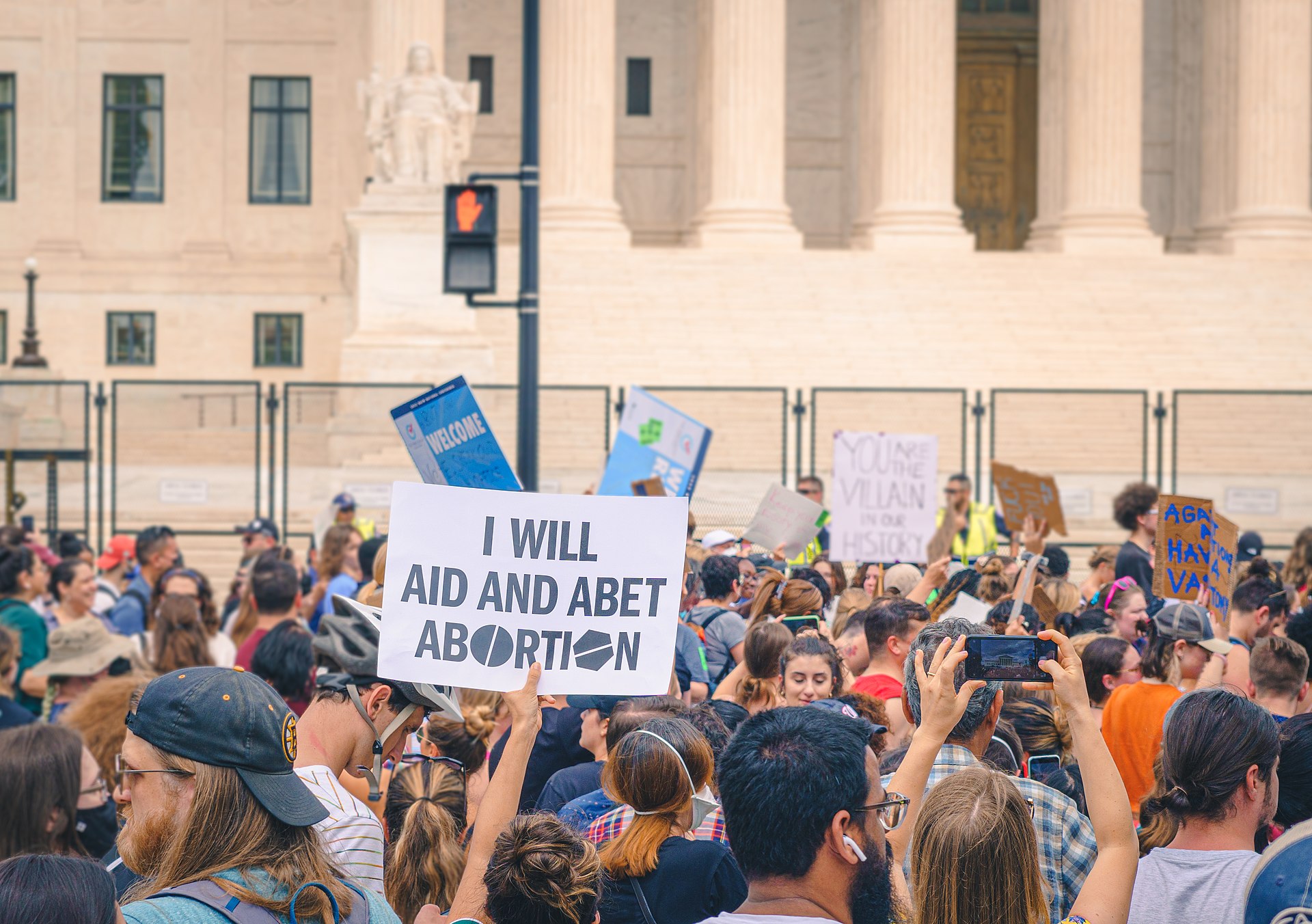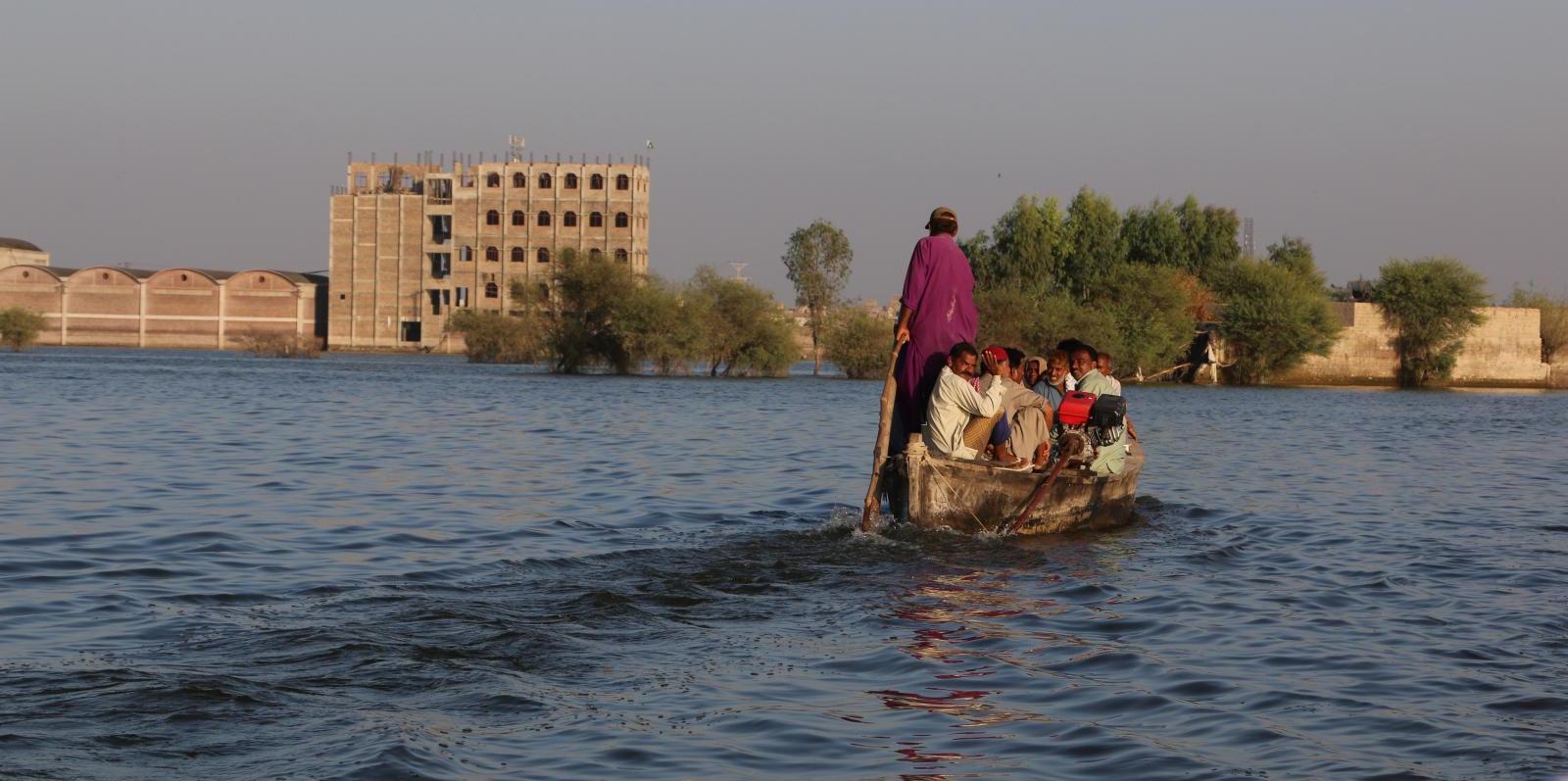
Pakistan floods highlight climate injustice
As world leaders meet at the COP27 in Egypt to try to reinvigorate stalled global climate talks, survivors of Pakistan’s heaviest flooding in living memory are facing a health crisis, with stagnating floodwaters fuelling a rise in malaria, dengue, and diarrhoea. The unprecedented scale of the disaster—up to $40 billion in economic damage, 1,700 killed since mid-June, eight million displaced, and almost half the country’s farmland submerged—has given impetus to calls for COP27 to take up the question of climate reparations. (Photo: Verena Hölzl/TNH)





